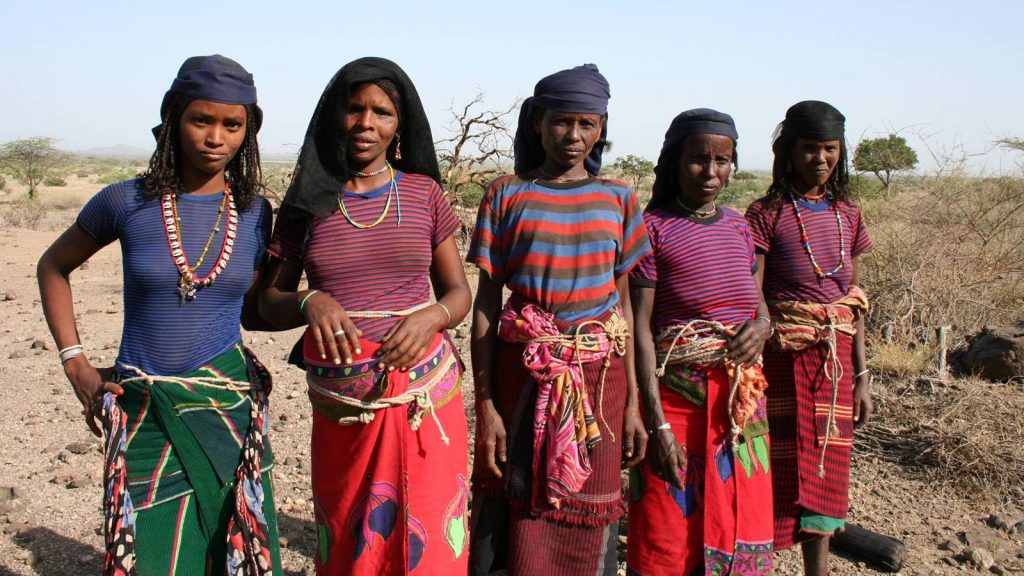We all have an enormous potential however often times the education we receive doesn’t fit the best way we learn. In countries where there is limited resources, poor education, lack of infrastructure and extreme energy poverty this more than often blocks the potential of the disadvantaged. When we look at a continent like Africa which is extremely rich with natural resources such as gold, oil, diamonds, copper and more it creates a huge paradox and it is simply unacceptable that it has a state of being an object of donor-ship, aid, debt and loans.
There are over a billion people living there and over half are women who for years, have been marginalised in job opportunities, equal pay and especially in the areas of Science, Technology & Engineering. The youth unemployment in Africa is very high especially in rural areas and the urban slums in major cities. For instance, most youth in East Africa’s largest slum, have little to no education, live in extreme poverty and thus, engage in prostitution, drug abuse and gang violence.
It’s said that education is the key to success, and it is true that a good education is important to ones success in life, but for many, formal education is not an option especially when that education needs to be paid for. What then happens to those that can’t afford school? or those that struggle with reading, mathematics or dyslexia or some other condition does this mean that they cannot be successful? Of course not! One of the ways in which we are trying to solve this problem is through the GeNNex Blueprint. We believe that you can teach people with technical skills through the practice of doing and passing on that knowledge to others.
Learning through doing is a fundamental principle at GeNNex Blueprint that we employ to empower disadvantaged women and young people. We teach them technical skills which includes assembly, maintenance and installation of our solar products, then opening their mind to entrepreneurship. Just imagine if we could connect more youth and women to science and technology by practical learning, we could awaken their creative potential and for countries that struggle with similar problems it could potentially make them become become a house of production and help to fix the problem of energy poverty, youth unemployment and gender inequality.
Women In Africa & STEM

Women in Africa have long been marginalised in education, job opportunities, and within the sectors of Engineering, Science, and Technology. While gender inequality, education, and equal pay are frequently discussed, the intersection of female innovation and Africa’s development often goes unnoticed.
African women are the managers of their households and the primary caregivers to their children. They maintain a structured system within each home and are skilled in agriculture, family planning, and organisation to ensure their families have access to food, water, health, and education.
This level of management often exceeds that found in other developing regions, placing enormous strain on many women, especially those who also work outside the home. The African economic landscape reveals a paradox: despite the continent’s vast mineral resources, including gold, copper, and diamonds, it remains heavily reliant on donor aid, debt, and loans.
With over a billion people living on this vast landmass, where women make up just over half the population, Africa’s natural wealth is more substantial than that of Western Europe, the USA, China, India, and Argentina combined. By connecting women to innovation, technology, and science, Africa has the potential to become a hub of productivity, a developed continent, and a center of global significance. This is where GeNNex has trained over 100 rural women in Kenya in the assembly and installation of our solar products.
